Many of us have felt the exhilaration of ordering a cool gadget, eagerly anticipating its arrival at the doorstep, and checking every hour to see if the package has arrived.
The moment the package finally lands on our doorstep, the joy is indescribable. The rush intensifies as we look at your shiny new gadget. We hastily tear it open as if someone might snatch it away. only to be faced with the daunting task of figuring out how to operate it.
In the tiring process of trying and failing for hours, clicking buttons endlessly, and struggling to make sense of the gadget's features, we eventually figure out how it works. It's a tough journey, and if only we'd spared a moment to glance at the often neglected user manual that came with it – a resource that could have significantly expedited the process had we taken the time to read it.
In the world of customer implementations, launch materials are akin to the unsung heroes that are user manuals.
Post the implementation stage, customer teams, as well as vendors step into the realm of real-world application and user interaction.
Continuous refinement, user feedback loops, and adaptability become the guiding principles.
For the vendor, it's not just about launching the product; it's about evolving, listening, and enhancing it—transforming a once-static solution into a dynamic force that grows with the ever-changing landscape of the customer.
Organizations invest significant resources in developing solutions that address specific needs, but the true measure of success lies in how well these solutions are embraced and utilized by the end-users.
Launch materials, therefore, become the linchpin in this journey, serving as the bridge that connects the implemented system's intricacies with the users' understanding and proficiency.
At the heart of these launch materials are user manuals and documentation. Clear, concise, and user-friendly manuals lay the groundwork for a positive user experience, fostering confidence and proficiency among users as they embark on their post-implementation voyage.
Resources like guides, video tutorials, and live training sessions cater to various learning preferences. These materials empower users, enabling them to leverage solutions effectively for organizational success. FAQs and support information address queries promptly, building trust in product reliability.
Launch materials can also include announcements and newsletters, celebrating successful implementations, and fostering a collaborative relationship with customer teams.
Launch material should ideally also be dynamic, evolving with user feedback gathered through surveys and communities. It enriches customer experience and creates product advocates.
Join us in exploring the benefits, types, and best practices of launch materials as Preflighters share insights from their professional experiences.
Lauren Shadbolt, Implementation Manager, HiBob
In my approach to launch materials, I find that a comprehensive strategy is essential for a successful customer onboarding experience.
Communication templates, including emails and messages on platforms like Slack or MS Teams, ensure a consistent and clear message. Tailored training decks, segmented by role, address the specific needs of both managers and employees. Sharing launch case studies serves to inspire and guide users while incorporating branding materials ensures a cohesive visual identity. I also advocate for the inclusion of gamification templates to infuse excitement into the launch, engaging users in a fun and interactive manner. This holistic approach aims to create a well-rounded and impactful launch experience.
Christine Crandell, Director, B2B Customer Guru
In my approach to launch materials, I emphasize a user-centric strategy. I strongly recommend FAQs in video format to visually address common queries and enhance clarity for users. Providing comprehensive documentation that offers in-depth guidance is crucial. Aligning with my emphasis on a compelling business case, I believe in outlining clear benefits for users to serve as a motivational tool throughout the launch process. Live help is paramount, and I stress the importance of offering real-time assistance and creating a well-supported and user-friendly launch experience that seamlessly combines visual, written, and interactive elements to meet users' diverse needs.
Saurabh Deshpande, Director of Professional Services, Haptik
In my approach to customer support for our (customizable) SaaS product, I believe in taking a proactive stance.
Beyond the usual practices like recording support calls and having a Support FAQs/Help Center, I've introduced a distinctive offering: 30 hours of support calls spread over 4 weeks.
This hands-on support not only helps customers overcome challenges and accelerate their go-live but also empowers them to handle minor maintenance independently. Additionally, I emphasize the importance of providing customers with a document that outlines what to expect during onboarding. This document serves as a guide, setting clear expectations and facilitating a smoother transition into our product. My overall strategy is geared towards boosting customer satisfaction and streamlining efficiency throughout the onboarding process.
Clare Knight, SaaS Customer Onboarding Expert & Consultant
In my experience, I've observed that providing customers with a document outlining what to expect during onboarding, just before they start or as part of the kickoff, is highly effective. Offering a one-page guide, ideally shared at the end of the sales cycle before they sign off, helps set the stage for their upcoming experience with the company. This preemptive measure serves to manage expectations, providing customers with a clear line of sight on what they need to prepare for in the next phase.
Addressing the crucial "what's in it for me?" question is paramount, especially when employees are tasked with adopting a new platform. Integrating gamification into the customer onboarding process can be a powerful strategy to make it engaging and align it with their interests. This not only helps ease the transition but also adds an element of excitement, making the onboarding experience more enjoyable and rewarding for the users.
Join the Preflight Community to find the answers, learn about best practices implemented in some of the best companies worldwide, and contribute to the conversation. Preflight is a community of 3000+ leaders and practitioners in customer onboarding, implementations, and PS.
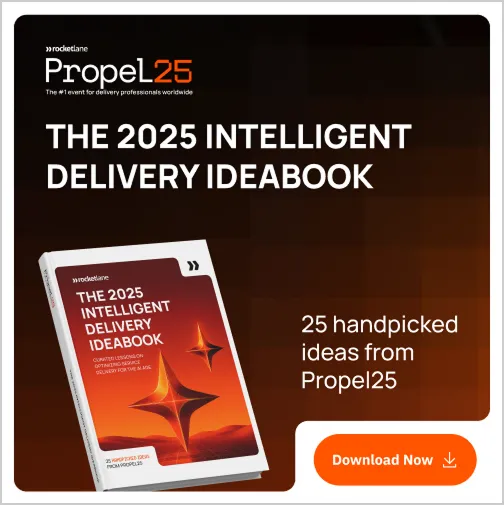

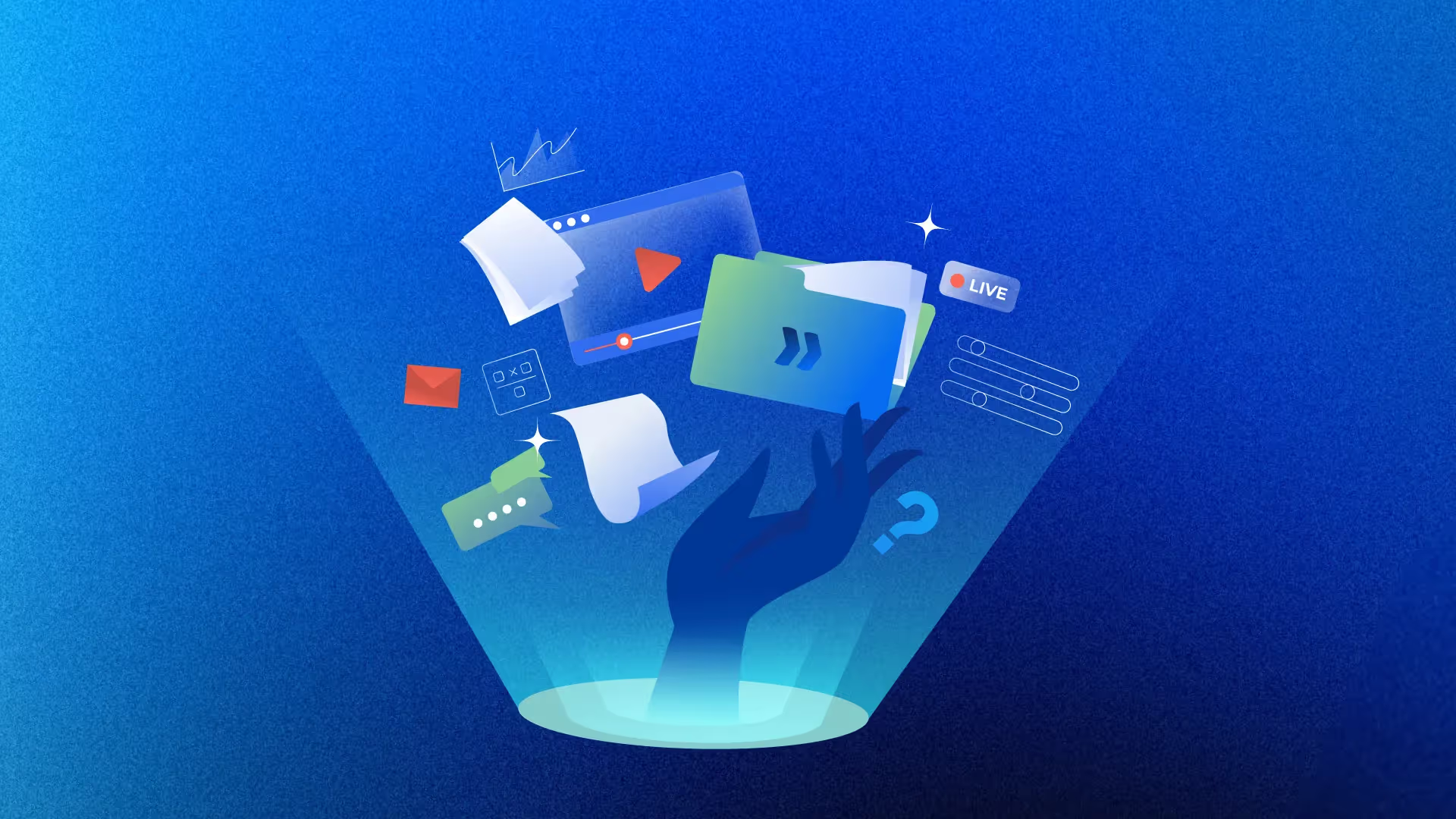




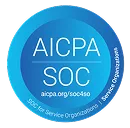
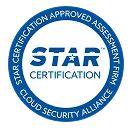











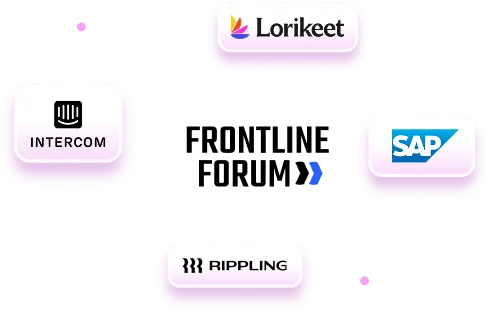
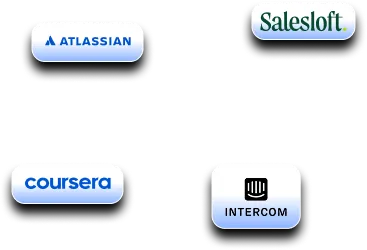
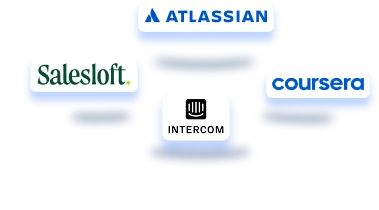
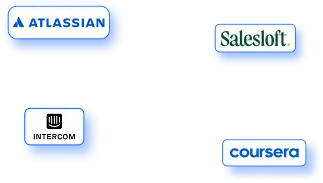
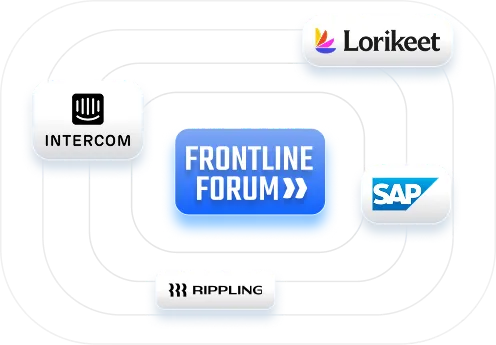
.webp)